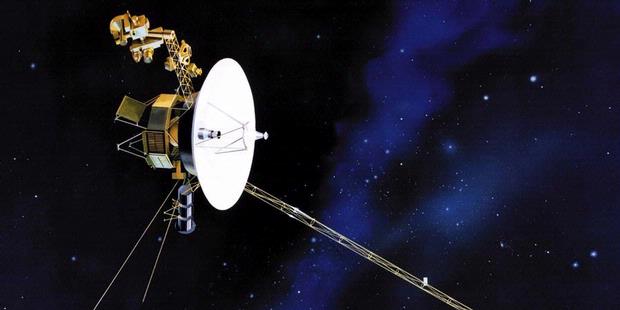
Achieving Voyager Solar System Outer Limits |
Spacecraft Voyager 1, launched in 1977 to explore the planets that exist beyond the asteroid belt, like Jupiter, Saturn, Uranus, and Neptune, has now passed a new area on its way out of the Solar System.



